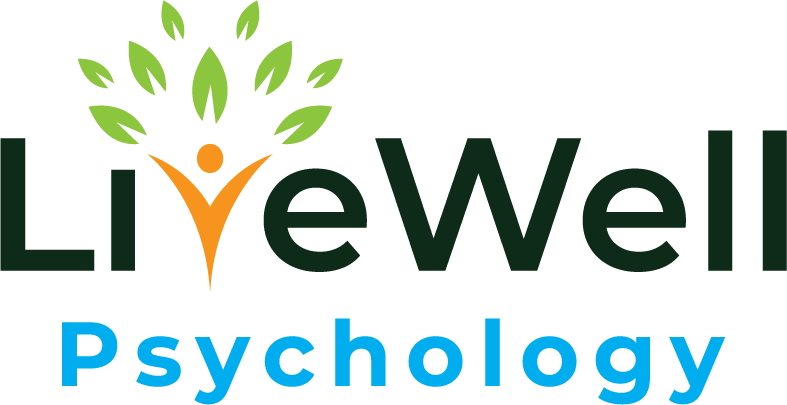Supporting Young Minds
Childhood is a remarkable journey, filled with discovery, emotion, and transformation. It’s also a time when the foundations of mental health are being laid—often quietly, and sometimes invisibly. At LiveWell Psychology, we see the emotional worlds of children and teens unfolding in ways that are both deeply individual and universally human. Understanding and supporting this inner world is not just about reacting to challenges; it's about nurturing growth from the inside out.
Children and adolescents are in the process of shaping their sense of identity. Their emotional landscapes shift with astonishing speed, often leaving parents, teachers, and even the young people themselves trying to catch up. What might seem minor to an adult—an unkind word, a lost item, a misstep at school—can feel seismic to children and teens. The intensity of these emotions doesn’t make them irrational; it makes them human. Our role as adults is not to minimize these feelings but to help make sense of them.
One of the most powerful things we can offer young people is the gift of being truly heard. Not just listened to, but heard—without judgment, correction, or the urge to fix everything immediately. Children often don’t need solutions as much as they need connection. When a child says, "I'm scared" or "My stomach hurts," they are extending an invitation to be met with empathy. Too often, we rush to reassure or distract. But when we take a breath and instead say, “That sounds really tough—do you want to tell me more about it?” we open a door to deeper trust and emotional resilience.
Mental health in young people is closely tied to the relationships that surround them. Supportive adults—whether parents, educators, coaches, or caregivers—act as emotional anchors. But support isn’t about perfection. In fact, it’s often in our own moments of vulnerability and repair that we model what it means to be emotionally resilient. Apologizing after snapping at a child, naming our own feelings (“I’m feeling overwhelmed right now, but I’m here for you”), and showing that it’s okay not to have all the answers—these are profound lessons in authenticity and self-regulation.
In recent years, we’ve seen a welcome shift in how communities approach mental health. More families are speaking openly, more schools are integrating emotional learning, and more professionals are stepping into this space with warmth and wisdom. And yet, it’s not always easy to know when—or how—to seek help. That’s why we invite you to connect with our practice if you or your child are in need of guidance, support, or simply a safe space to explore what’s going on. Whether it’s a one-time consultation or ongoing therapy, we’re here to help make that journey less overwhelming and more hopeful.
Supporting young minds means embracing their wholeness—not just when they are joyful and compliant, but also when they are angry, withdrawn, or confused. It means seeing behavior as communication, not defiance. And above all, it means showing up with consistency and compassion, even on the days when it feels like we’re not getting it quite right.
Childhood is not a rehearsal for adulthood—it is a rich and meaningful chapter of life in its own right. When we hold space for young people to feel, to question, and to grow, we help lay the foundation for lifelong mental wellness. And in doing so, we don’t just support individual children—we strengthen the future of our communities.
If you’re looking for support in navigating your child’s emotional wellbeing, we’re here to help. Please don’t hesitate to reach out to LiveWell Psychology—we’d be happy to walk alongside you and your family.

